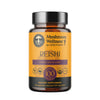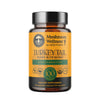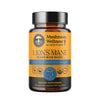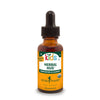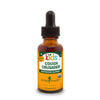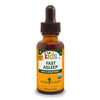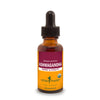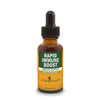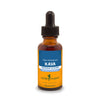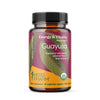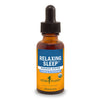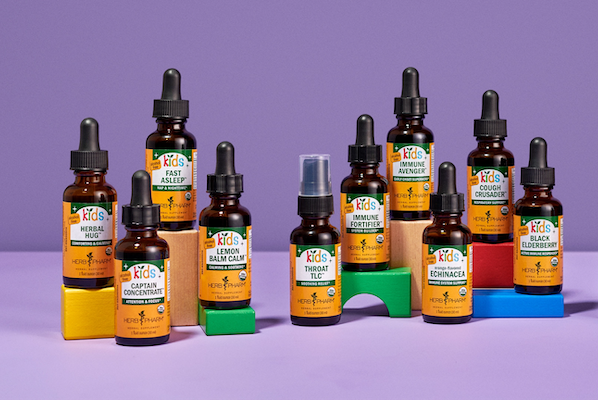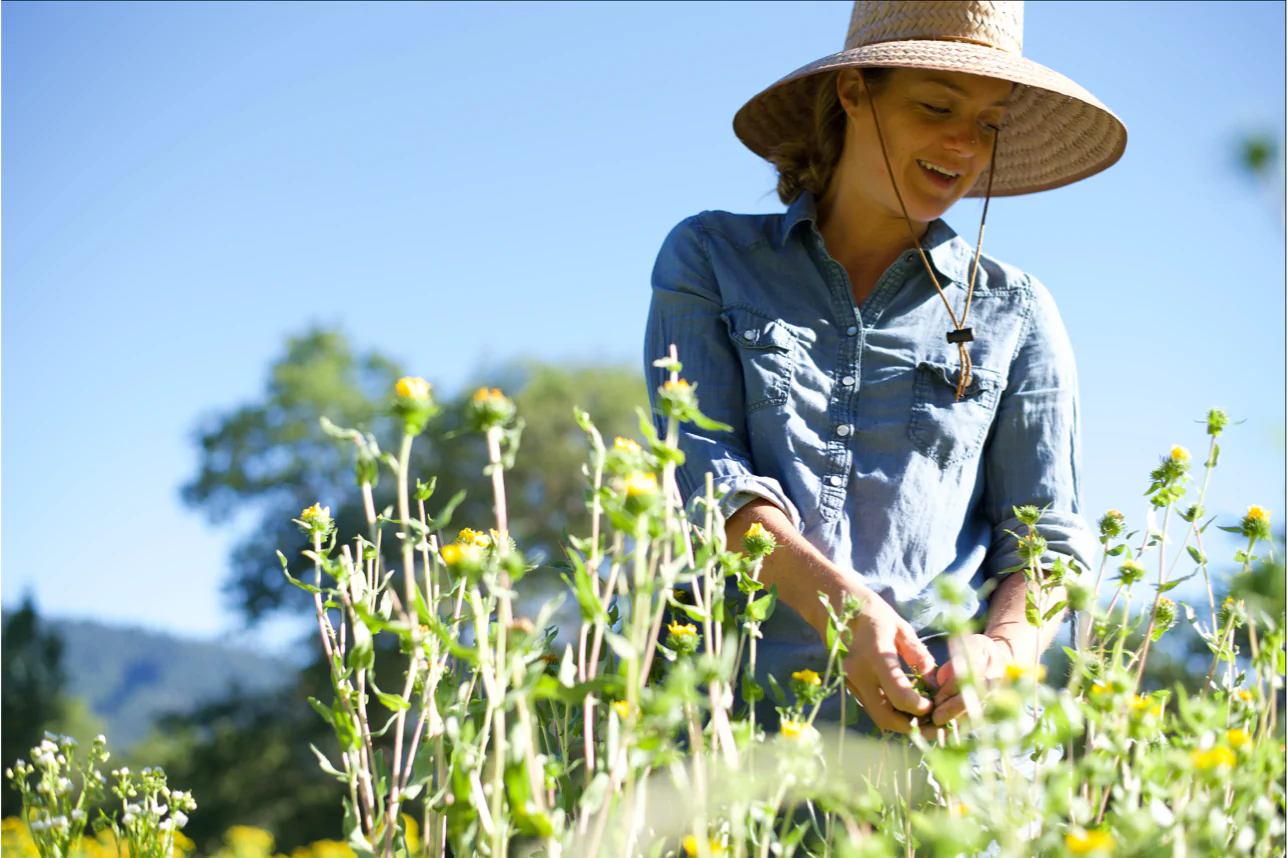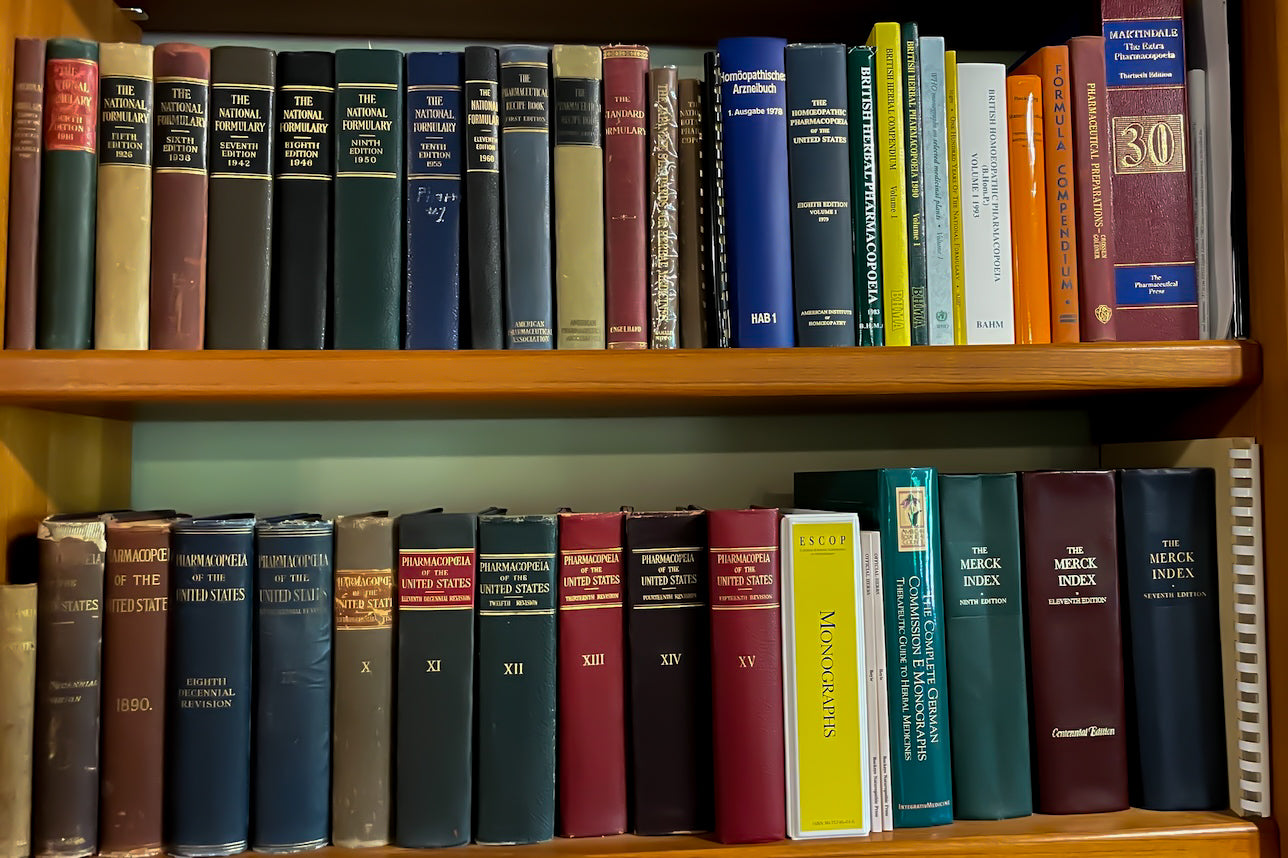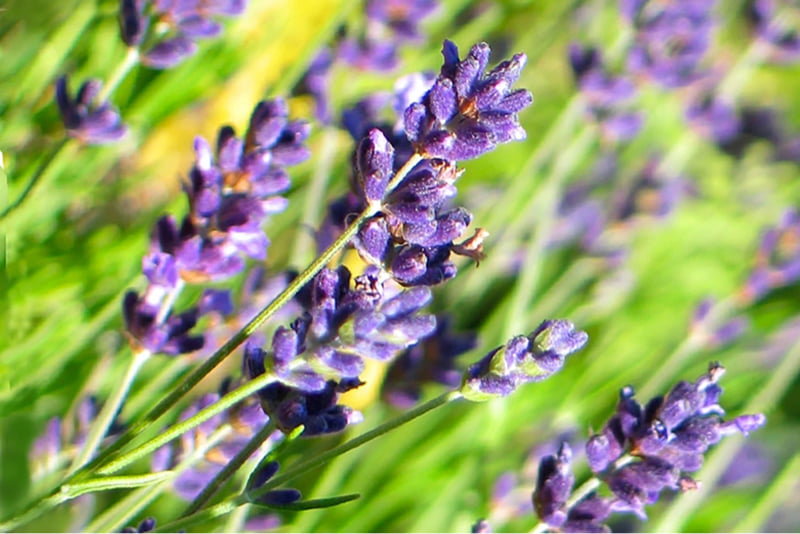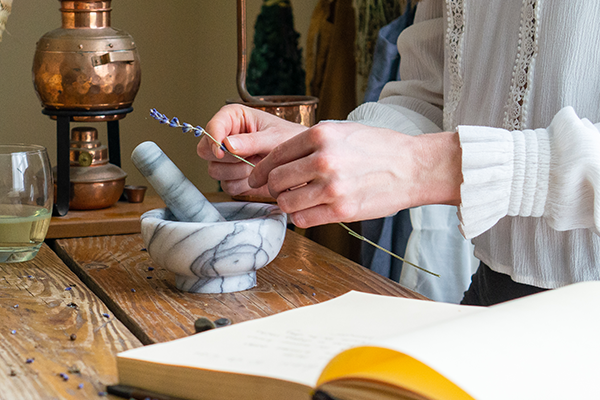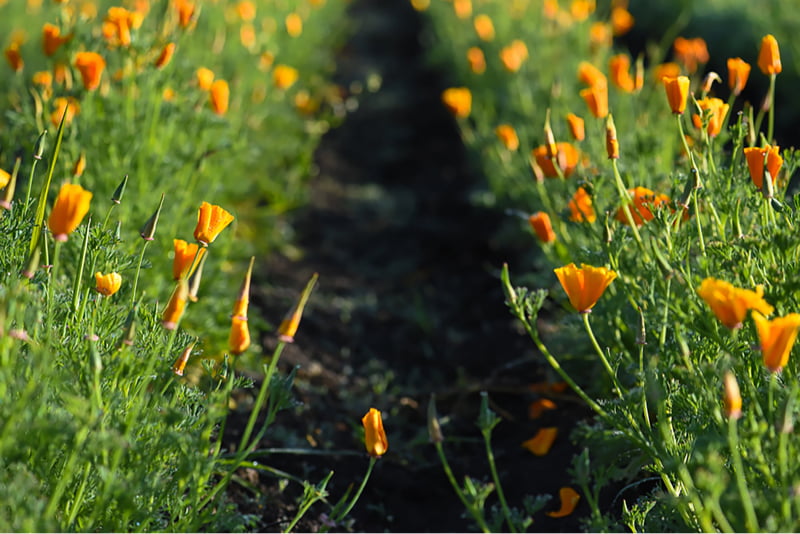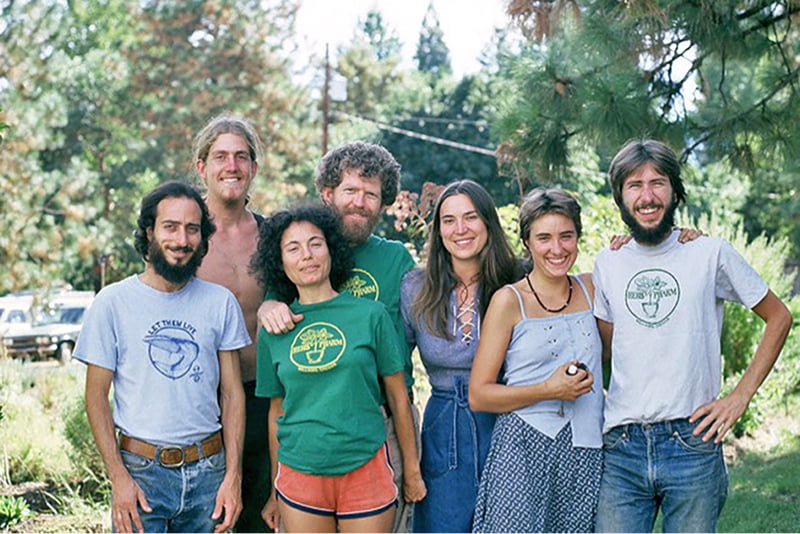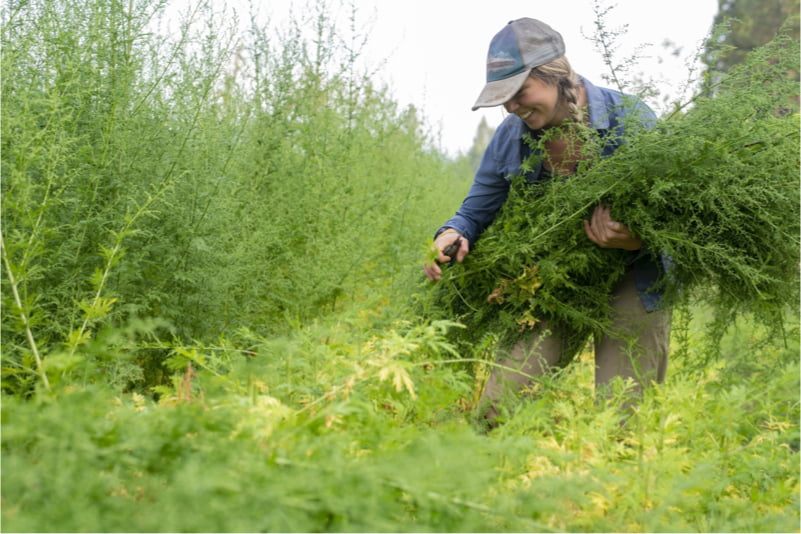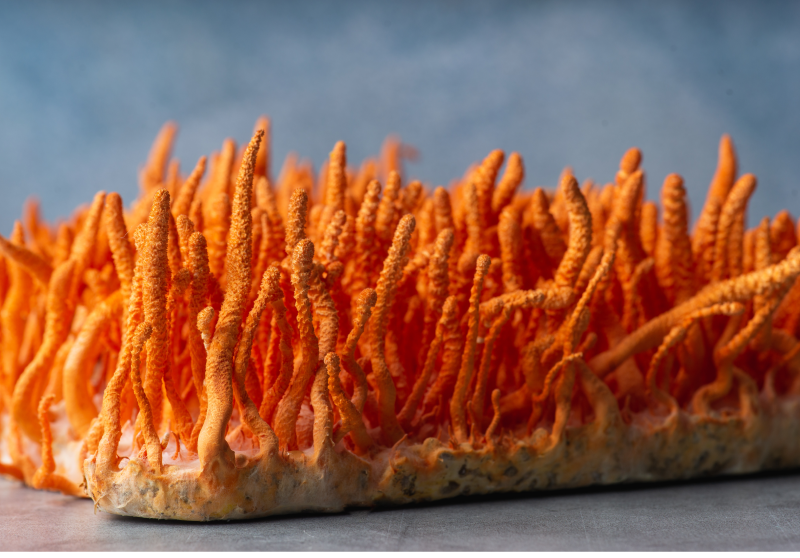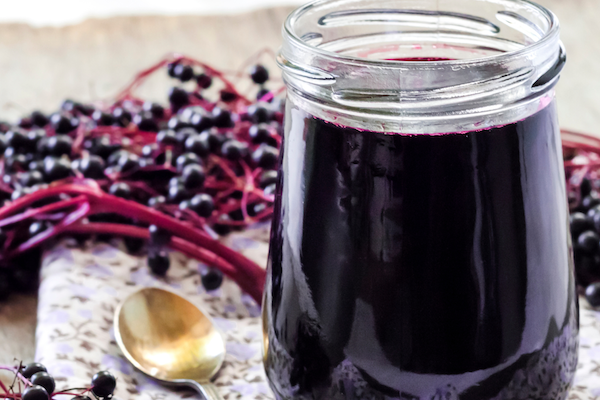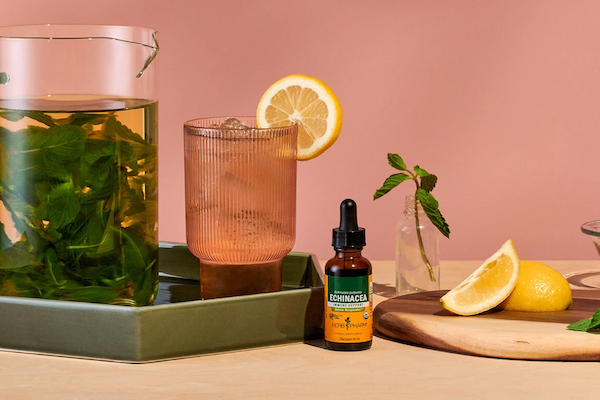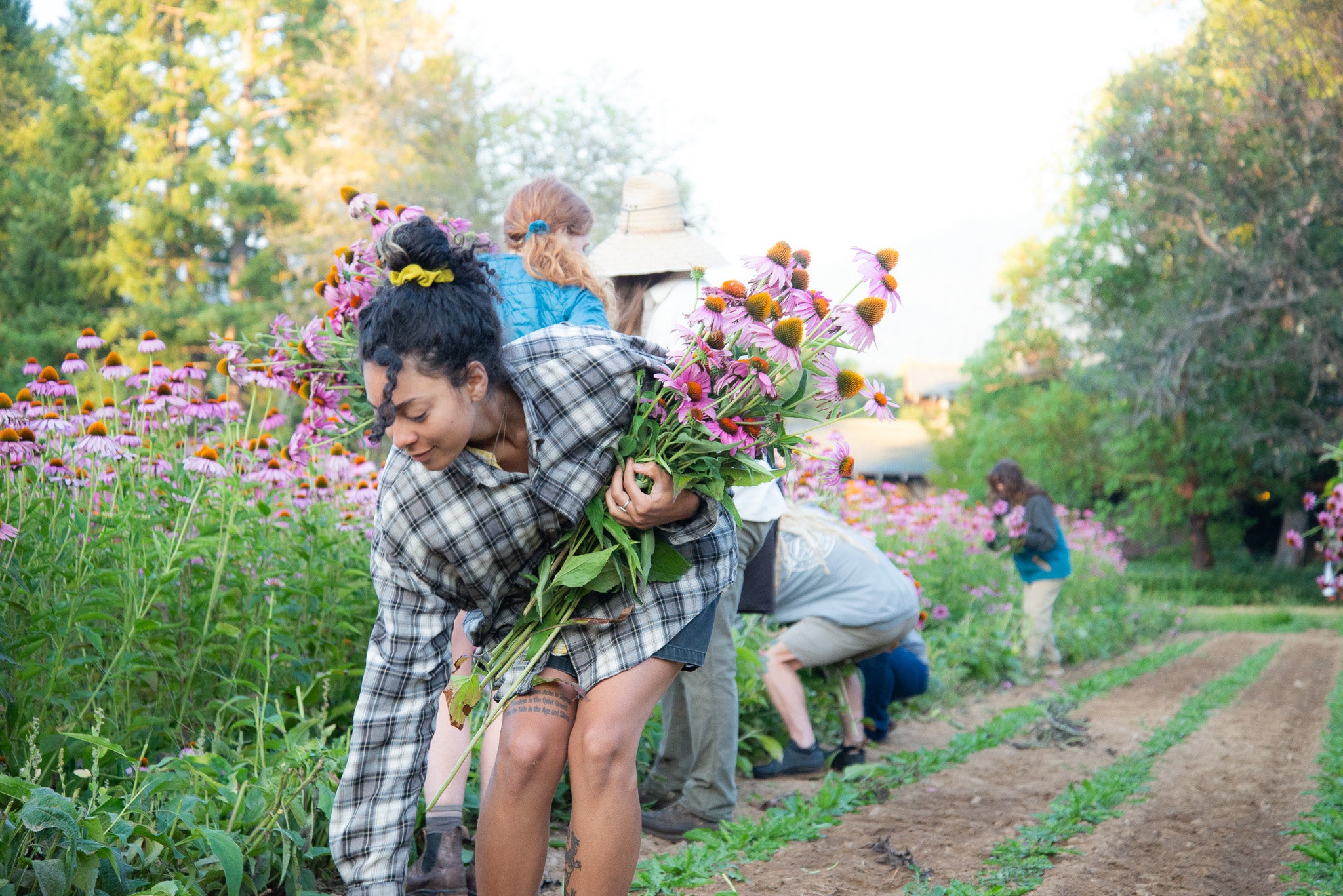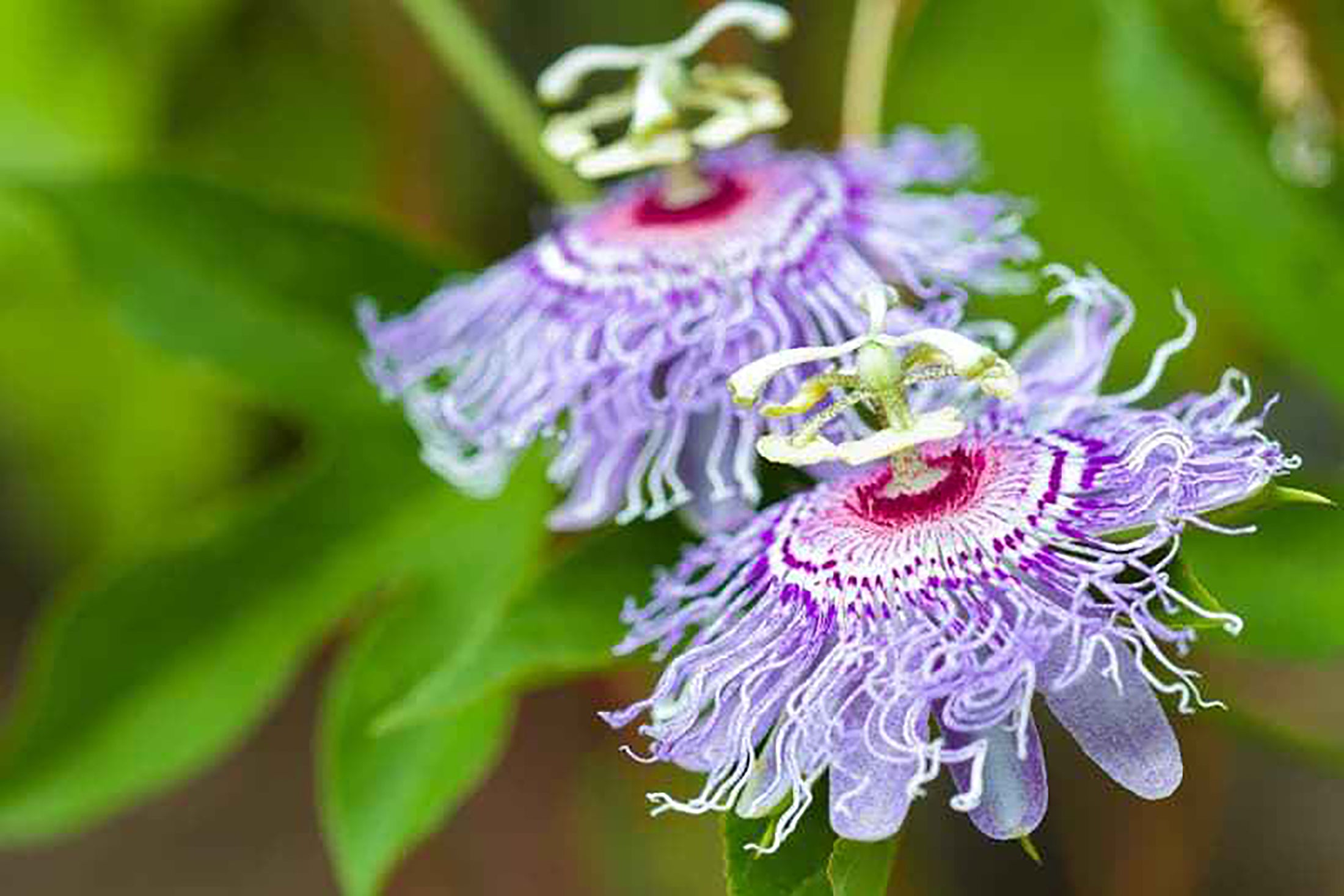
Herbal KnowledgeFeb 2, 2022
Why Some Herbs Are Vulnerable — and How You Can Help
Goldenseal (Hydrastis canadensis), American Ginseng (Panax quinquefolius), and Black Cohosh
(Actaea racemosa) are plants that many of us know and love for their herbal properties and uses.
Unfortunately, these herbs are struggling, and they face an uncertain future.
According to United
Plant Savers (UpS), “At-Risk” botanicals like these face issues like overharvesting and loss of
habitat. Many of these plants are slow-growing and can also be rare or sensitive by nature, which can
contribute to smaller plant populations.

A Botanical Sanctuary
One way we have worked to help protect these plants and others is by establishing our land as a UpS Botanical Sanctuary, which is
lovingly tended to by resident Master Gardener Sayaka Lean, our farmers, our landscaping crew, and the
Herbaculture interns. Our sanctuary ensures that we are helping protect and restore these fragile plant
populations for future generations. It is also a great educational tool, providing insight on the
cultivation of these special plants.
Honoring Our Root Values
As herbalists, we also know we must look out for our collective future. Herbs are our business, but they
are so much more. That's why we are so meticulous about our sourcing. We never use plants that are
classified as threatened or endangered plants on a federal level – it’s part of our root values. Herbalism is inextricably linked to nature, and
we must protect the plants that have given so much to us.
Forest Botanicals
Forest botanicals require special growing or harvesting practices. These plants
are native to complex, sensitive ecosystems within forests, and they also have unique growth patterns,
supply chains, and trade history. Many forest botanicals also take a long time, 5 to 10 years, to reach
reproductive maturity. Some examples of plants that are forest botanicals would be American Ginseng,
Black Cohosh, Blue Cohosh, and Goldenseal.
Protecting Goldenseal
Goldenseal is one plant that’s commonly wildcrafted, but for decades we’ve been dedicated to sourcing
only Certified Organic, cultivated Goldenseal to protect wild populations. By using only organically
cultivated plant material in our extracts, we help minimize the impact of overharvesting.
Recently, we’ve partnered with a grower to invest in a long-term source for forest-farmed Goldenseal.
This is a multi-year project in which we provide our farmer partner with root stock, which is grown
exclusively for us, as part of an Appalachian Sustainable Development
project. It’s worth noting the Goldenseal (Hydrastis canadensis) we grow in our sanctuary isn’t
used in our products.
A New Source for American Ginseng
Because American Ginseng is at-risk, it was removed from our
product offerings for years! In 2022, we brought our American
Ginseng liquid herbal extract back after we were able to secure a reputable, Certified Organic
grower. Because this herb has been overharvested in its natural habitat, it was extremely important that
we partner with a trusted farmer instead of wildcrafting. Because we use Certified Organic
farm-cultivated roots, the plant remains undisturbed in the wild.
Threatened & Endangered Plants
In addition to the North American plants UpS is working to protect, others are considered to be
critically endangered, endangered, or vulnerable around the world, according to groups like the International Union for Conservation of Nature and Natural Resources. And
according to the United States Department of Agriculture, endangered plant species are at risk of
extinction, either entirely or in a significant portion of their native habitat range. Threatened plants (also per the USDA) are “likely to become endangered within the
foreseeable future.” Curious about the state of some of these plants where you live? Use the USDA’s
resources to learn about threatened and
endangered plants.
